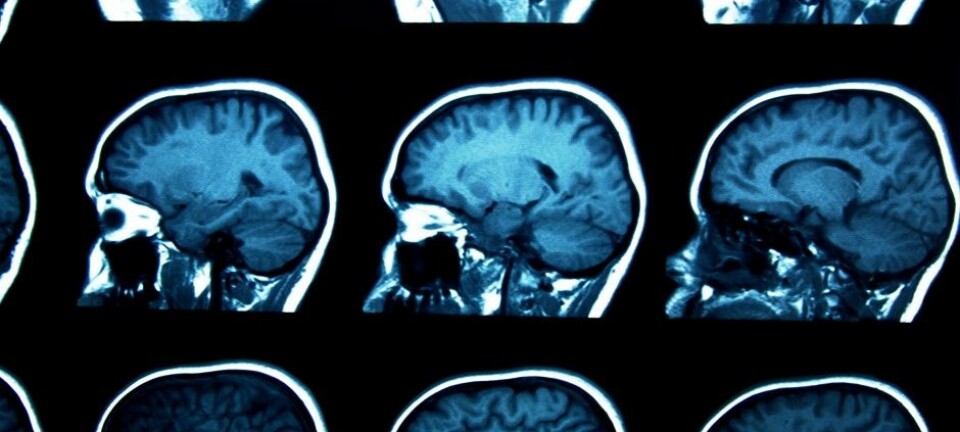
No, we are not swimming in psychopaths
Swedish researcher Karolina Sörman thinks some of us display a morbid curiosity about psychopaths.
Perhaps you have been tempted to read articles in the tabloids with headlines such as “How to reveal a psychopath” or “Is your boss a psychopath?”.
Many seem to think that psychopathy is an intriguing subject and with a certain morbid curiosity they want to learn more about the disorder, says an expert, Karolina Sörman at Karolinska Institute in Stockholm, who conducts research on psychopathy.
“A Google search on psychopathy gives over a couple million hits and some people get the impression that people are being dominated by psychopaths left and right,” says Sörman to the Swedish website forskning.se.
Psychopaths everywhere?
It isn’t so. She says the data based in research for estimating the numbers of psychopaths in our midst are not very strong.
“There are few solid studies indicating how many psychopaths we have on average in the adult population,” she says.
She says that British studies indicate that one percent of the male population satisfies the criteria for psychopathy.
According to SIFER (the Norwegian Centre for Research and Education in Forensic Psychiatry) from 0.5 to 1 percent of the population could be psychopaths. The share who satisfy the criteria is much higher among prison inmates. Nearly 20 percent of all inmates in Norwegian prisons are psychopaths. These are behind about half of all crime, according to a SIFER article about psychopathy.
Asle Makoto Sandvik, an associate professor at SIFER, took his doctorate degree on the subject of psychopathy. He recognises the impression that the media might be giving that psychopaths are lurking behind every corner. He clarified this in an interview with the psychology journal Katarsis, which is published by students at the University of Bergen.
In the interview he relates to coming across literature which claims that five percent of the population is comprised of psychopaths.
He thinks the concept of Psychopathy gets misused. Various personality disorders are lumped together and called psychopathy.
Psychopathy is not a psychiatric diagnosis. According to SIFER, personality disorders are deviant, dysfunctional and impractical ways of thinking, feeling and interacting with others. The most serious so-called antisocial personality disorders refer to psychopathy.
Better to talk about traits
There are a few undesirable traits in place in a psychopath, such as narcissism, lack of empathy and regrets, as well as impulsive behaviour. But according to Katarsis, Sandvik thinks it preferable to talk about dimensions of traits rather than to split people into categories, such as psychopath vs. non-psychopath.
He thinks everyone has degrees of psychopathic traits as part of their personality. Psychopaths have these traits to a larger degree than others.
This means it is wrong to talk about curing a psychopath, something which has been considered impossible for some time, according to forskning.se. Researchers are now starting to think rectifying the problem is possible to a certain extent, in various areas.
“Yes, we are starting to see indications that it is possible to work with the ability to have empathy, even though the experts are only guardedly optimistic,” says Henrik Andershed to forskning.se. He leads a research group studying how psychopathic traits develop from childhood to adulthood.
Must have many traits
One reason why people recognise the image of prolific numbers of psychopaths in society is that many of the characteristics of a psychopath, such as lack of empathy, cold-heartedness and manipulative conduct are found among many besides the psychopaths, reasons Karolina Sörman.
But if your ex, your boss or the chairman in your housing collective seems to exhibit one of these traits that doesn’t make them psychopaths.
“In order to be defined as a psychopath a person has to have many of these traits,” says Sörman to forskning.se.
-------------------------------------
Read the Norwegian version of this article at forskning.no
Translated by: Glenn Ostling








